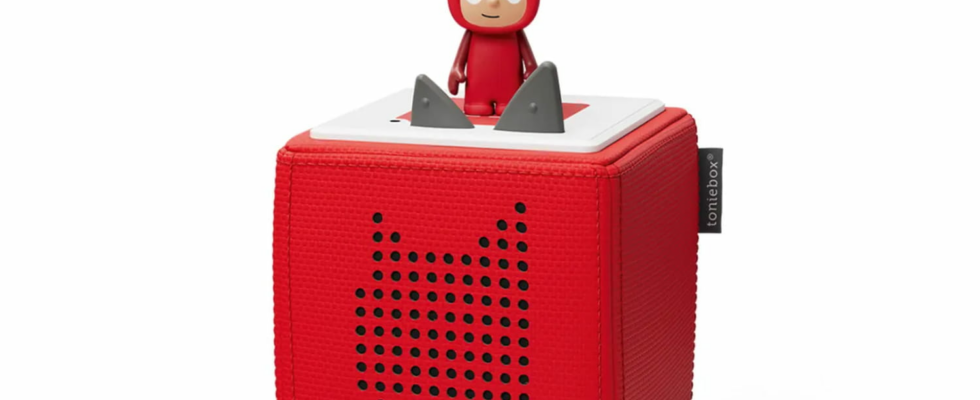Beware of the gadgets you give your children! Because even if they seem harmless, “smart” connected toys collect behavioral data from toddlers. To the point of having negative effects on their development…
Dolls, robots, smart watches, baby monitors… Connected toys are becoming increasingly popular and have invaded children’s bedrooms. With their promises of interactivity and learning for children, they have won over many parents. However, you should be aware that, behind their innocuous appearance, these objects collect a lot of information and send it via radio waves (Bluetooth, Wi-Fi) and on the Internet.
Researchers from the University of Basel have looked into the subject And, to say the least, it raises significant concerns about the privacy of the data collected. After examining twelve popular toys, researchers found significant gaps in the protection of children’s personal information. Worse yet, some “smart” gadgets collect behavioral data from their young users and can have negative effects on their development.
Smart toys: intrusive and insecure surveillance
Of the twelve toys examined, two particularly caught the researchers’ attention. The first is the Toniebox, a music player that is very popular with children. Simply place small figurines on the box for it to play audio books. However, according to the results of the study, the toy meticulously records each user interaction. It thus collects the time at which it plays, its interaction time, its geolocation, the characters used, etc. This data is then transmitted to the manufacturers, even when the device is offline.
The second toy pinned is the Tiptoi, an educational electronic pen that allows interaction with books, puzzles, games, and other compatible media. The audio files required for each media must be downloaded from Ravensburger’s website and then transferred to the Tiptoi pen via a computer. However, the study found that the accessory does not sufficiently encrypt its communications, thus exposing the information exchanged to risks of leakage.
Smart toys: interactivity, but at what cost?
Another point challenges researchers. According to Isabel Wagner, professor of cybersecurity, “Apps that come with some toys require unnecessary access rights, such as location or the smartphone’s microphone”. Problem: These unjustified authorizations increase the risks of exploitation of children’s private data. Because yes, what happens to this collected data?
Most of the time, companies claim that they help them optimize their devices. But “If hacked, they could end up on the Internet”warns the researcher. This information can also be used to create detailed marketing profiles on children’s habits, interests, and even health and intelligence levels, including by the manufacturer itself. Not sure that such a prospect would suit parents concerned about their family’s privacy…
And that’s without counting the risk of addiction! Indeed, researchers have also looked at the psychological impact and behavior induced by constant surveillance. Isabel Wagner believes that“Global surveillance can have negative effects on personality development”. “Toys could be designed to attract more and more attention, even to create addiction”she warns. According to the reactions collected from parents by 20minutes, while some are relatively indifferent to the precise data collected, most denounce the very principle of monitoring and using their children for commercial purposes.
The authors of the study believe that it is currently too difficult for parents to determine whether the connected toys available on the market are safe for their children. This is why they recommend that manufacturers indicate compliance with safety and data protection standards on the packaging. This could be done by adopting a privacy label on product packaging, which would play the same role as nutritional information on food products. Adults would then be able to make their choice in a more informed way.
